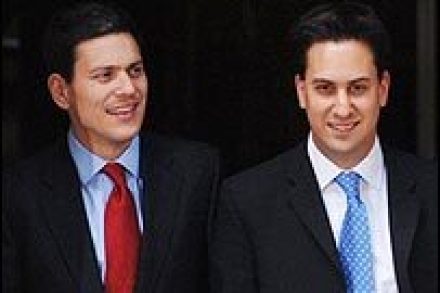A credible start
Today’s Emergency Budget announced the most ambitious fiscal consolidation programme in decades. It sets out a framework returning the government broadly to a state of fiscal solvency by 2014. To do this, George Osborne announced a deficit reduction programme amounting to just over £100 billion in real terms – entirely in line with our recommendations. The ratio of spending cuts to tax rises – 74:26 is largely in line with the international best practice model (which we also endorsed) of 80:20. Instead of government living well beyond its means for the next four years, we estimate that the Chancellor’s plans will reduce the structural deficit – in other words,




















